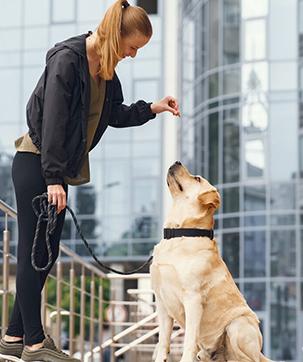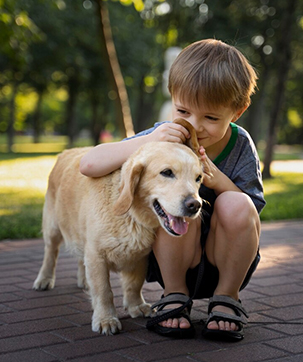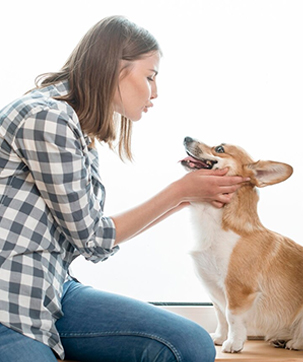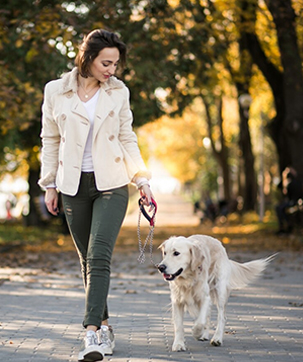Free Resources

Puppy
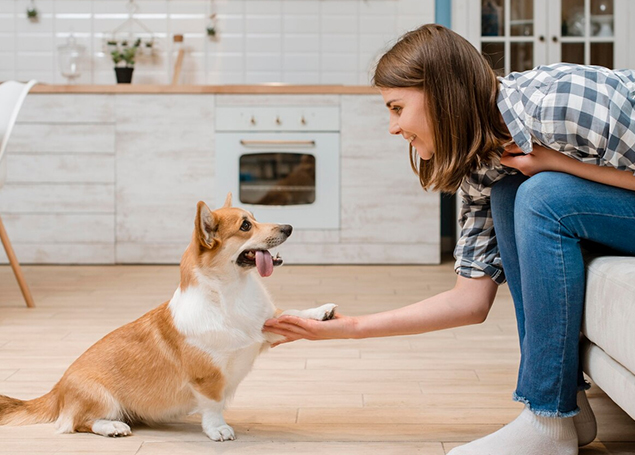
House Training: Teach your dog to use designated potty areas.
Most puppies learn their “foot preference” in the first 6 months of life. If you train them to use appropriate places for potty during this time, they will typically remain housetrained for life. If an older dog suddenly starts to soil indoors, it is important to take them to a vet. An older dog that has just moved to a new home or has never been housetrained can still learn, much like a puppy.
Puppy Biting: Learn how to manage and address biting behavior in puppies.
Puppy biting can be both frustrating and painful, but it is a completely normal behavior for puppies. They love to bite because it’s a way for them to explore and interact with their surroundings. The good news is that most puppies eventually grow out of this habit; it is not a sign of aggression or dominance, as some people may think. However, puppies are very sensitive to timing, so it’s important not to reward them for biting!
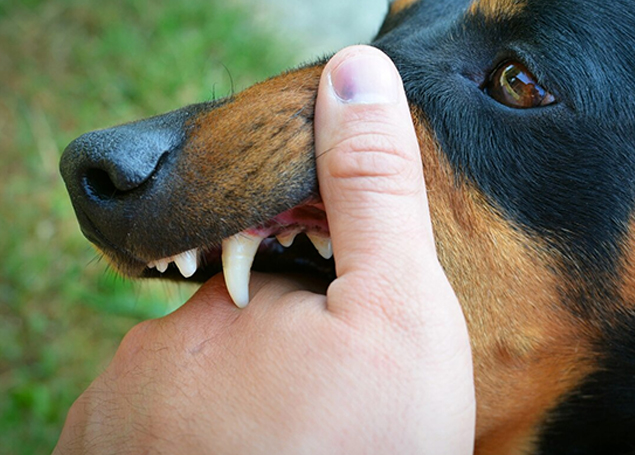

Dogs of All Ages
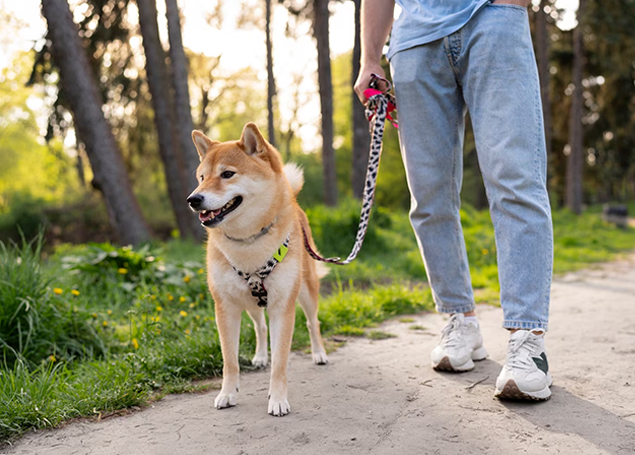
Dog-Centric Walks: Support your dogs’ mental health and wellness.
Dog-centered walks, AKA sniffy walks, are probably the best thing you can do for your dogs’ mental health and wellness. We now have scientific evidence for what some of us knew all along—walking on a longer leash is good for your dog.
Calmness: help your dog become more relaxed.
We can help dogs become generally calmer, and it is crucial to teach young dogs—especially during their adolescence—to remain calm. While exercise and mental stimulation are important, we must be cautious not to overstimulate them. If we only focus on constant activity with a “Go! Go! Go!” mentality, the dogs won’t learn to relax.
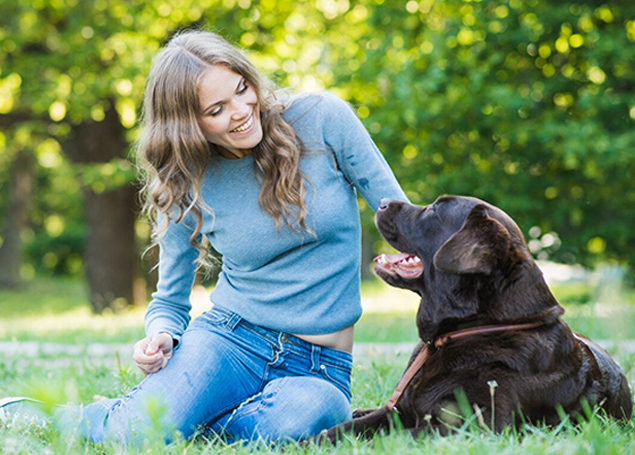

Relaxation: Minimize challenging behaviors.
Are you dealing with issues like hyper-arousal, a reactive dog, or thunder phobia? These are common challenges that can benefit from additional support at home. Just like meditation or a vacation can help humans relax, implementing a relaxation practice with your dog can significantly lower their stress levels and make training much easier. If you’re facing any of these issues or just want to enhance your relationship with your pet, consider exploring our relaxation protocol.
Happiness: Improve your bond with your dog.
Having a ritualized “Happiness Practice” can improve your bond with your dog, increase your overall happiness, increase your pups happiness, reduce frustration, improve ability to play and rebound from stress, and, surprisingly, increases obedience and default manners. Far from spoiling our dogs, these little moments of happiness help to solidify our mutual appreciation and satisfaction. It can help to buffer us from stress during difficult times, and can help our relationship bounce back when we do hit a snag.
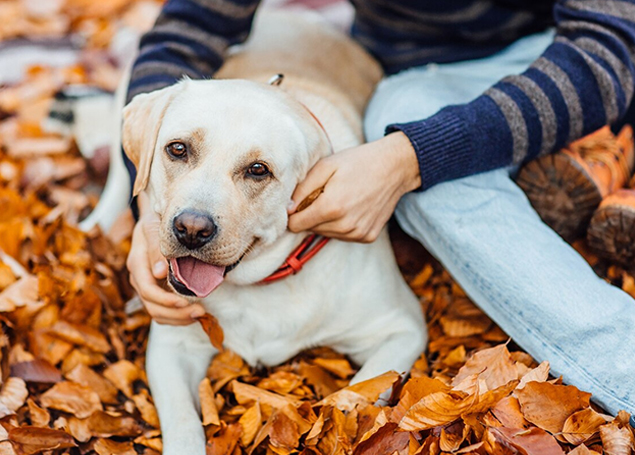
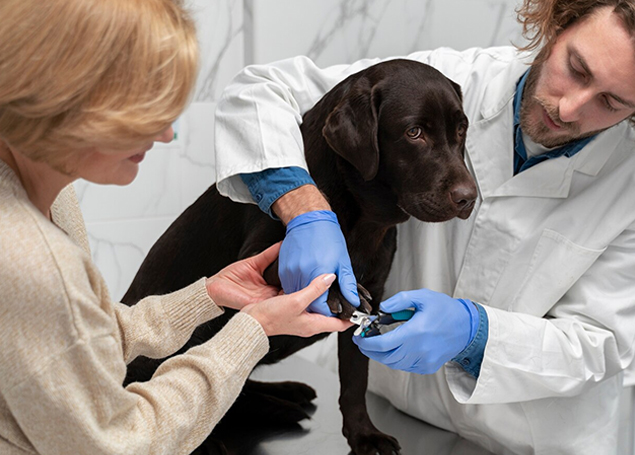
Consent Test: Enhance your daily interactions with your dog.
The consent test is relatively new for most people. Not all dog like being touched or enjoyed being patted on the ribs – just like us, dogs have individual preferences. In some cases, they may have physical injuries or sensitivities that cause them pain or discomfort when touched. By regularly conducting consent tests, we can not only enhance our daily interactions but also monitor the progression of our dogs’ physical conditions.

